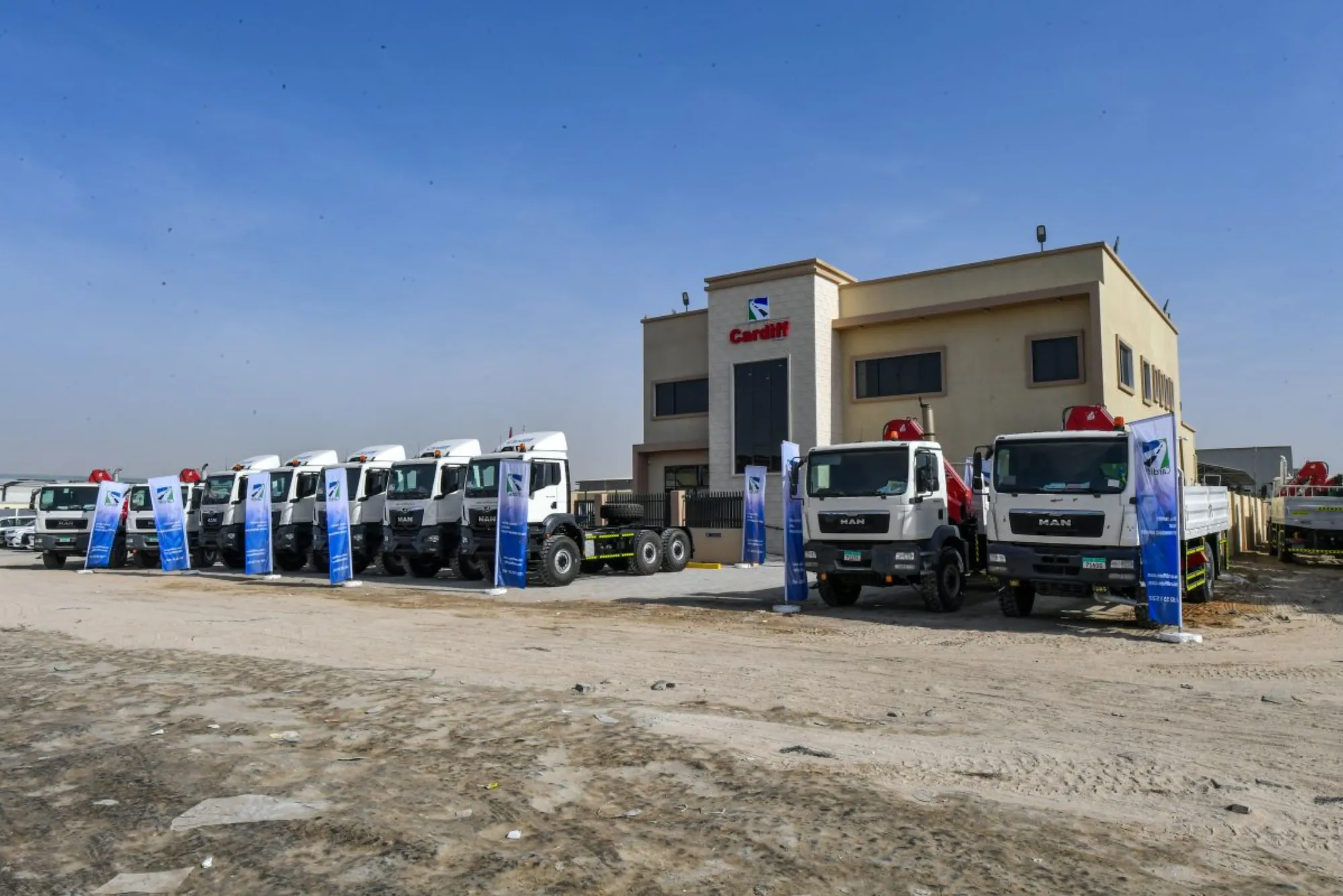In international trade, the Harmonized System (HS) Code plays a pivotal role in the classification of goods for customs purposes. Every product imported or exported into or out of the United Arab Emirates (UAE) must be assigned an HS code that determines the applicable customs duties, VAT, licensing requirements, and eligibility for exemptions. However, disputes frequently arise when customs authorities believe a business has used the wrong HS code, either mistakenly or to reduce the duty payable.
As a result, importers often ask:
Can Lawyers in Dubai assist with customs disputes involving incorrect HS code classification in the UAE?
The answer is a definite yes. Lawyers in Dubai are experts in resolving disputes over HS code classification, defending the client’s declarations, and appealing against reassessments or penalties. Their legal insight, combined with technical knowledge of customs law and international classification standards, helps businesses protect themselves from financial losses and operational disruptions.
What Is HS Code Classification and Why Does It Matter?
The Harmonized System (HS) is an internationally standardized system of names and numbers developed by the World Customs Organization (WCO) to classify traded products. Each product is assigned a 6-digit global code, which countries like the UAE expand to 8 or 10 digits for national purposes.
The HS code determines:
- Customs duty rates
- VAT treatment
- Import/export license requirements
- Health, safety, and technical regulations
- Trade agreement eligibility (e.g., GCC, India-UAE CEPA)
- Tariff quotas or prohibitions
Incorrect classification can lead to:
- Underpayment or overpayment of duties and taxes
- Customs audits or post-clearance reassessments
- Shipment delays or detentions
- Penalties and fines
- Loss of trusted trader status
Common Causes of HS Code Classification Disputes
Disputes may arise due to:
- Ambiguity in product specifications or overlapping categories
- Use of overly broad or generic codes
- Misclassification by freight forwarders or customs brokers
- Customs authorities’ reinterpretation of a product’s classification
- Incorrect application of product exclusions, exemptions, or trade agreement rules
Even well-intentioned importers can face scrutiny if customs believes the declared HS code results in duty avoidance or misrepresents the nature of the goods.
How Lawyers in Dubai Assist with HS Code Disputes
Lawyers in Dubai provide strategic legal and technical support to help businesses respond to classification disputes, defend their declarations, and appeal adverse decisions.
1. Legal Review of Classification and Product Details
The first step in resolving any HS code dispute is a thorough review. Lawyers:
- Examine the product’s physical characteristics and use
- Compare declared HS codes with customs rulings, tariff schedules, and WCO guidelines
- Assess product documentation such as technical datasheets, catalogs, and user manuals
- Evaluate whether the classification is defensible under UAE customs law and international standards
This enables lawyers to determine whether the original classification was correct—or whether customs’ objection is valid.
2. Responding to Classification Queries and Customs Objections
If customs flags a shipment for classification review:
- Lawyers prepare written responses and legal justifications for the HS code used
- Submit technical clarifications and supporting documents
- Communicate directly with customs officers or valuation/classification committees
- Help prevent escalation to duty reassessments or penalties
Their legal advocacy ensures that your position is presented clearly and credibly.
3. Filing Formal Objections or Appeals Against Reassessments
When customs issues a formal HS code correction or duty reassessment, lawyers:
- File an objection with the relevant customs appeals unit (e.g., Dubai Customs Classification Committee)
- Prepare a detailed legal memorandum citing:
- WTO HS Explanatory Notes
- WCO Classification Opinions
- UAE tariff schedules and prior rulings
- Product-specific technical arguments
- WTO HS Explanatory Notes
- Seek full reversal or reduction of duty reassessment and any imposed fines
If the objection is denied, lawyers escalate the matter to the Customs Dispute Resolution Committee or Administrative Court.
4. Obtaining Advance HS Code Rulings
To prevent future disputes, businesses can apply for an Advance Tariff Ruling (ATR) from customs. Lawyers in Dubai assist by:
- Preparing the application package with complete product documentation
- Coordinating with customs officials to clarify classification points
- Securing binding rulings that protect future imports from reclassification
- Ensuring consistency between ATRs and actual declarations
This proactive measure is especially useful for recurring or high-value imports.
5. Negotiating Settlements and Duty Adjustments
Where customs insists on reclassification:
- Lawyers may negotiate for duty compromise or phased payment
- Assist in amending declarations to avoid cumulative penalties
- Ensure customs does not impose duplicate penalties for historical imports
- Help importers recover overpaid duties in cases where a lower-duty code should have applied
Their involvement helps achieve practical, business-friendly outcomes.
6. Training and Internal Compliance for Classification
To prevent future disputes, Lawyers in Dubai help companies:
- Develop HS classification protocols and decision trees
- Train staff in customs compliance and HS code selection
- Create internal reference databases for recurring items
- Align classification with contractual, financial, and inventory systems
This builds a sustainable compliance framework and supports long-term success in cross-border trade.
Conclusion
Yes, Lawyers in Dubai are critical partners for businesses facing HS code classification disputes in the UAE. Whether you’re responding to a customs inquiry, objecting to a reassessment, or applying for a ruling, their legal insight ensures your business remains compliant, protected, and profitable.
In a jurisdiction where the smallest classification error can lead to large financial consequences, working with experienced Lawyers in Dubai ensures that your product declarations are accurate, your legal defenses are strong, and your cross-border trade flows remain uninterrupted.
Find more at Nature Affect.













